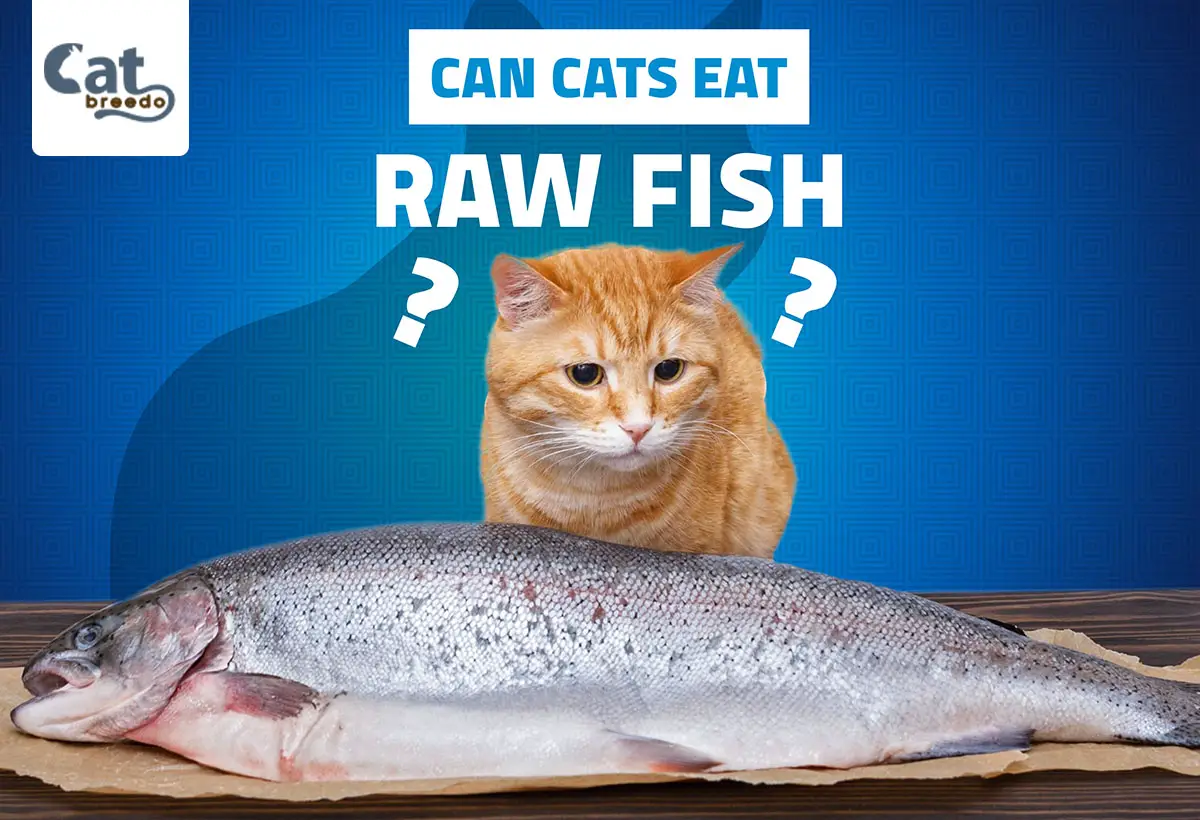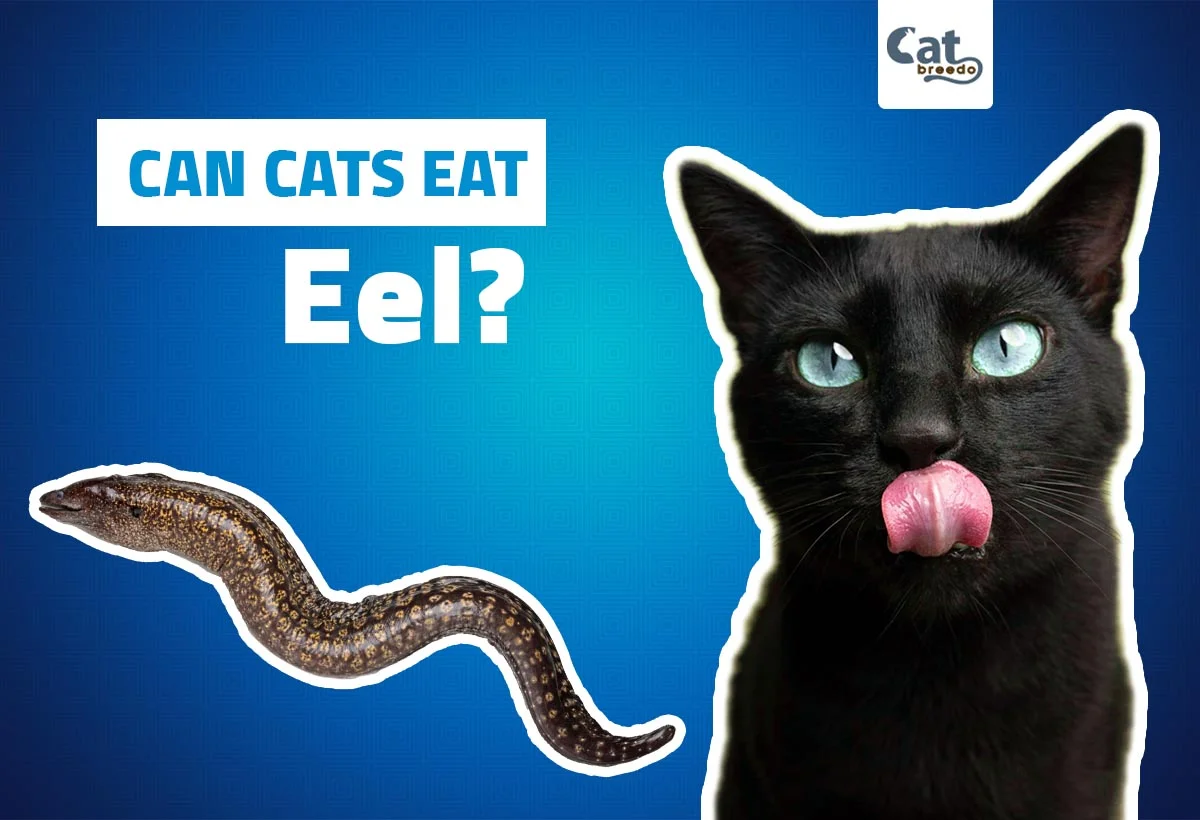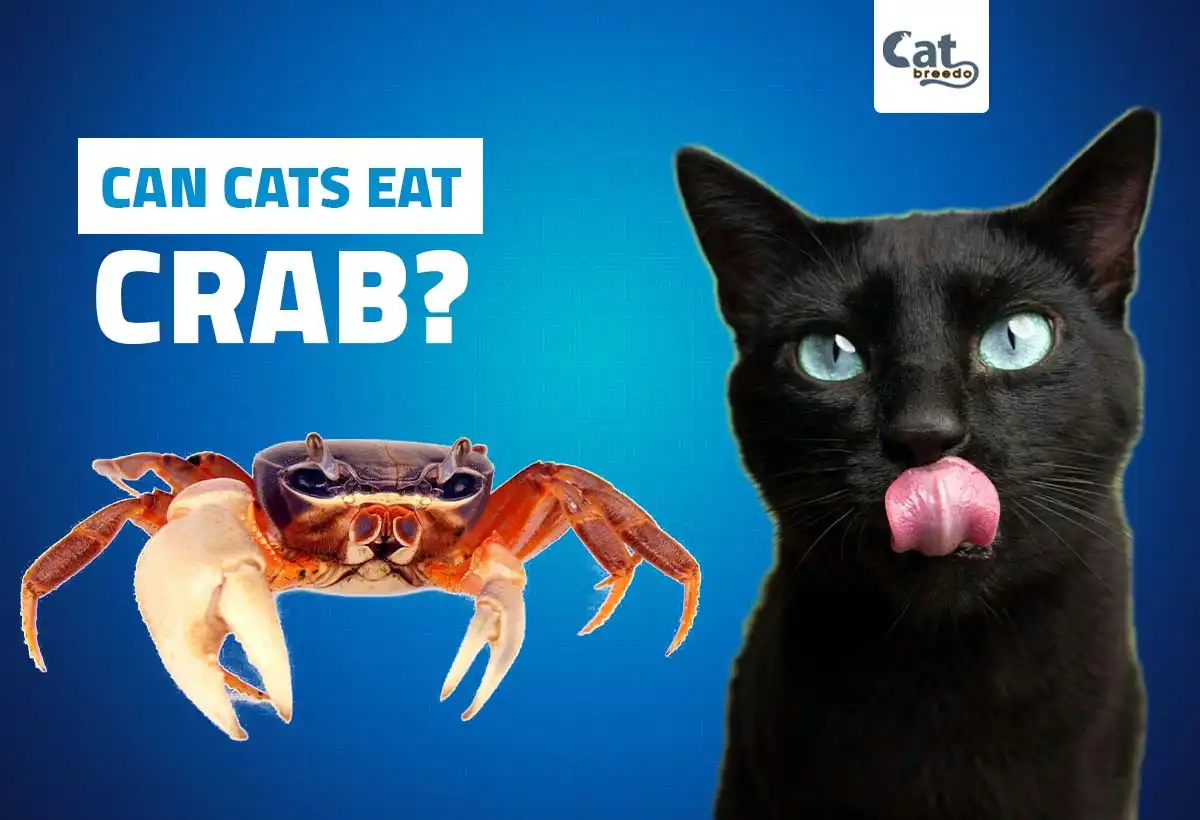The summer season is full of sweet and juicy fruits such as cherries, apricots, and plums. When all the family members enjoy the summer delicacies, their pets might also get attracted to them. As we know that cats are obligate carnivores, is it possible that can cats eat plums?
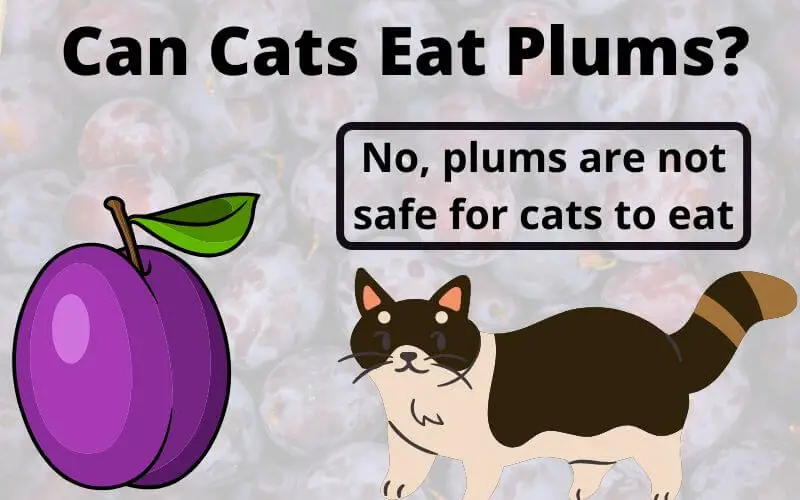
Can Cats Eat Plums?
The short answer is no; plums are not safe for cats to eat. It is in their best interest that they are kept away from any part of the plum fruit. The pits, stems, and leaves of plums contain glycoside cyanide, which is highly poisonous to cats. These parts can lead to side effects such as shortness of breath, panting, and vomiting.
Find more here can cats eat dragon fruit
We know that plums are very beneficial for human health, but can cats eat plums, or are plums bad for cats? Let’s take a look at it.
Is It Okay For Cats To Eat Plums?
Cats should not eat plums as there is a high risk of poisoning due to the toxic elements it contains. The skin, leaves, pit, and stem of plums can be toxic and life-threatening for cats. The pits are not only toxic, but they can also cause choking.
In a nutshell, it is better to keep plums out of the reach of your cats. Don’t try to feed them these high-energy foods. You can feed them protein-based, meaty cat foods instead. Meaty food will fulfill nutritional needs and be an enjoyable treat for your cats.
Are Plums Safe For Cats?
Some cat owners may want to introduce healthy and good food to their kitty’s diet for a change of taste. Food is related to happiness, health, and enjoyment. However, plums are not a good choice for this. Before introducing plums into your cat’s diet, you need to consider the following health risks plums can cause.
Cyanide Poisoning
Do you know that many fruits contain cyanide in the form of cyanide glycoside? This compound is also found in the pit, stem, and leaves of plum fruit.
In small quantities, it is not harmful; however, when it interacts with the digestive enzymes in a cat’s body, it converts into hydrogen cyanide. Hydrogen cyanide is fatal and life-threatening for cats. Since cats have small bodies, even minute quantities of this dangerous chemical can prove fatal for them.
Watch out for symptoms of cyanide poisoning such as shock, panting, difficulty breathing, and dilation of pupils.
Choking Hazard
Apart from the toxicity of cyanide, you should also be careful with the pits of plum. They can get stuck in a cat’s throat.
In general, avoid giving your cats the following fruits that contain cyanide in their pets and leaves.
Are Plums Good For Cats?
Although plums are packed with vitamins and minerals for humans, they are not good for cats. All the essential nutrients required by kitties are found in their meat-based food. Moreover, most fruits, including plums, have high levels of sugar that can be harmful to cats. You will be disappointed to know that cats cannot percept the taste of sweet things.
Read: can cats eat watermelon
Therefore it is highly likely that they would not like plums at all. Some may show curiosity, but they will not be inclined to eat plums. Your best shot is to give your cat a balanced diet that fulfills its needs in the form of high-quality cat food. Anything extra should be only given to the cat if the vet advises you to.
What Happens If A Cat Licks A Plum?
If your cat licks the plum flesh, it is okay, and hopefully, nothing serious will happen. But if it licks the skin or the stem of the plump fruit, you should watch out for the symptoms of cyanide poisoning. With the passage of time, plums age and get dry; they will become even more toxic. So keep plums in any form away from your cats.
Health Concerns Of Plums For Cats
Plums are nutritious for humans but naturally contain small amounts of cyanide glycosides. When glycoside cyanide interacts with the digestive enzymes, hydrogen cyanide is formed, which is even more toxic.Due to the large size of humans and their carnivorous nature, they are not affected by the small amount of this toxic compound. For cats, hydrogen cyanide is lethal, and it can lead to cyanide poisoning with the following symptoms.
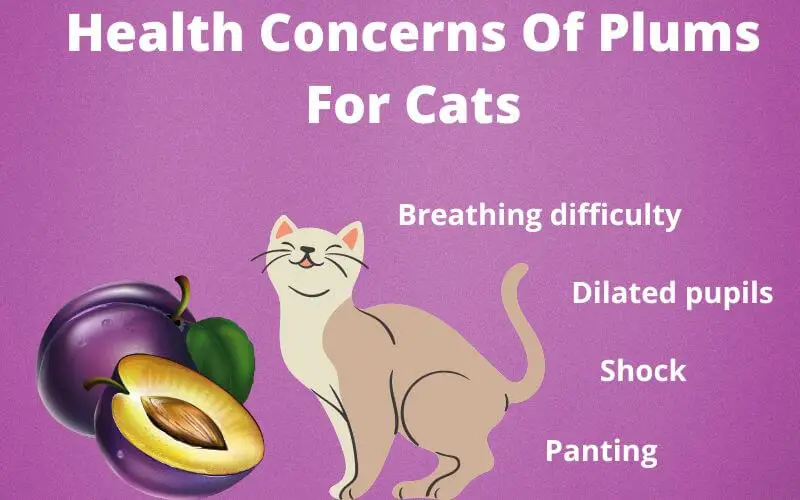
- Breathing difficulty
- Dilated pupils
- Shock
- Panting
It also poses a choking hazard for cats due to small pits surrounded by soft juicy flesh.
Signs Of Plum Poisoning In Cats
If your cat accidentally consumes any part of the plum plant or licks it, don’t forget to watch for the following symptoms of cyanide poisoning.
- Shock
- Mucous membranes turning red
- Dilated pupils
- Breathing problems
The most important thing is to find out which part of the plum fruit or plum plant your cat has licked or eaten.
If it has eaten the juicy and sweet flesh, it is generally okay. But, if you notice it has eaten the roots or stem of the plant, call your veterinarian. If the vet advises you to bring your cat for examination, don’t wait. Don’t forget to bring the parts of plum that your cats have eaten as a sample.
If your cat has vomited, bring a small amount of vomit as a sample. The compounds present in the vomit can be very helpful in determining if the cat is poisoned with cyanide or not.
Frequently Asked Questions
Can Cats Eat Dried Plums?
The simple answer is no. When plum fruit ages, it becomes even more toxic. So licking or eating dried plums can also be toxic, just like a fresh plum.
Can Cats Eat Plum Flesh?
Yes, cats can eat a minimal amount of plum flesh, but it is highly advised never to feed any part of plums to your cats.
Are Plums Toxic/Bad For Cats?
Yes, plums are bad for cats. They can cause cyanide poisoning if ingested in large amounts. The stem, pit and leaves are all toxic, and the seed can be a choking hazard.
Conclusion
Plums are very beneficial fruit for humans, but they are not good for cats. If your cat licks or nibbles it accidentally, do not be too alarmed. However, if it ate a significant amount or ingested any toxic parts, immediately take it to your vet. It is strictly advised not to feed plums to your cats.


